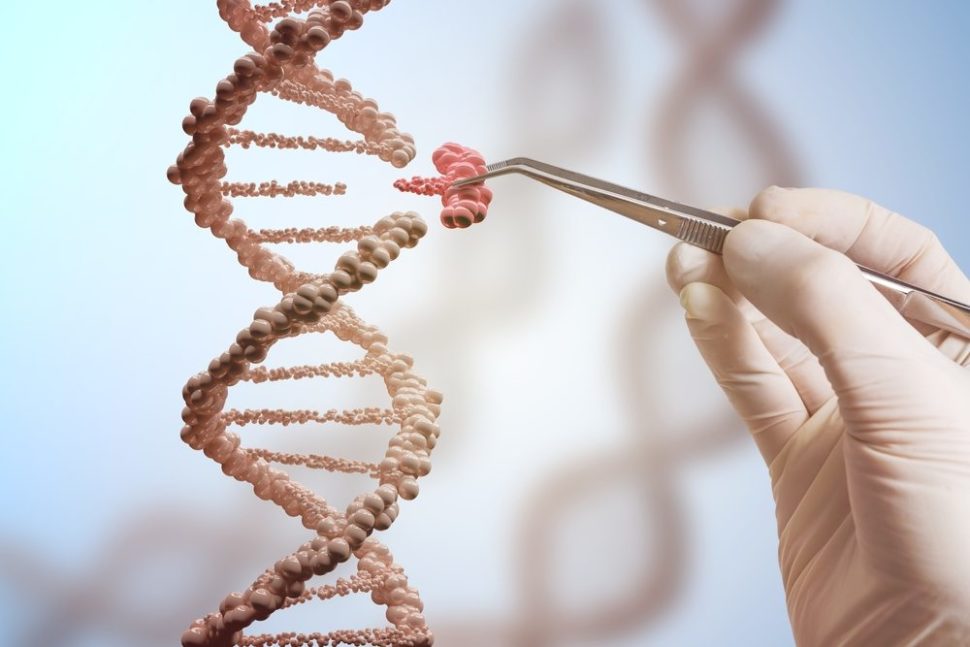According to a new survey, Americans are almost evenly divided over the use of gene editing techniques to reduce their children’s risk of contracting serious diseases.
Genetic technologies are revolutionizing medical practices, yet they give rise to many ethical, political and religious questions.
New genetic engineering technologies have found their place in recent years and raise their fair share of concerns about their applications.
According to a new report, about half of the U.S. public is wary about this technology–especially those with younger children.
#US #public is closely divided over the use of #geneediting tech.Click To TweetAmericans are not on the Same Page Regarding the use of Gene Editing Tech
In 2016, the Pew Research Center conducted a survey to gauge the public opinions about the use of gene editing techniques as a tool to enhance health.
Respondents were asked to imagine a potential future scenario, where human genome editing would be used to reduce the probability of disease for their babies.
According to the survey, the American public attitudes toward genome editing are divided at large, with more concern expressed than enthusiasm.

68% of U.S. adults said they’d be “very” or “somewhat” worried about gene editing technology used on babies, yet 49% of the same group said they’d be “very” or “somewhat” enthusiastic. About a third of adults (3 in 10) are both enthusiastic and worried about the prospect.

For the question of whether they’d consider using gene editing for their own children to reduce their risk of developing serious diseases, American adults, again, are split: 48% said they’d want to use it for their baby and 50% said they would not.
U.S. adults with children under 18 are less likely to support the use of this kind of gene editing tech for their own child.
The Roots of the U.S. Public Divide Over Gene Editing Technologies
Most American adults surveyed (57%) have heard or read at least a little about genome editing, with 9% knowing a lot about the technology, and 48% knowing just a little.

On the other hand, 42% Americans had not heard at all about gene-editing technology.
Turns out that people really fear what they don’t understand, because those who are somewhat familiar with the technology are more inclined to accept its potential use.
57% among those who know “a lot” or “a little” about the technology said they would consider it to protect their baby against serious health conditions. To compare, only 37% among those who know nothing about gene editing tech prior to the survey share the same opinion.
Aside from knowledge of the technology, religion also plays a big role in shaping the public opinion on such matters.
Based on their stance on religion, respondents were classified into three categories: high, medium and low religious commitment.

64% of U.S. adults with high religious commitment said they would not use gene editing for their own child.
In contrast, 63% of people with low religious commitment said they would want to.
Those with a medium level of religious commitment were closely divided.
Morally speaking, 40% of Americans said they are not sure whether it would be morally acceptable or not to edit a baby’s genome.
28% said they believe it’s morally acceptable to use this tech for such purpose 30% said it’s not.
Clearly, Americans have a wide range of stances on gene editing techniques. However, they do mostly agree on one thing.

Gene editing technology will likely change society, says over 80% of the surveyed population.



















Comments (0)
Most Recent